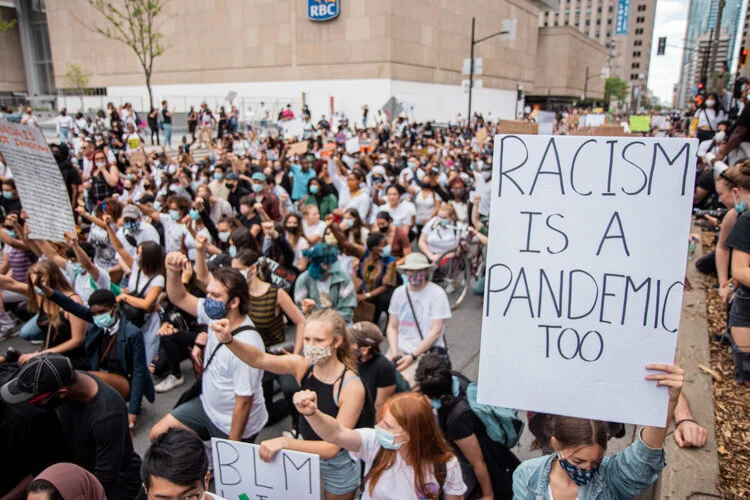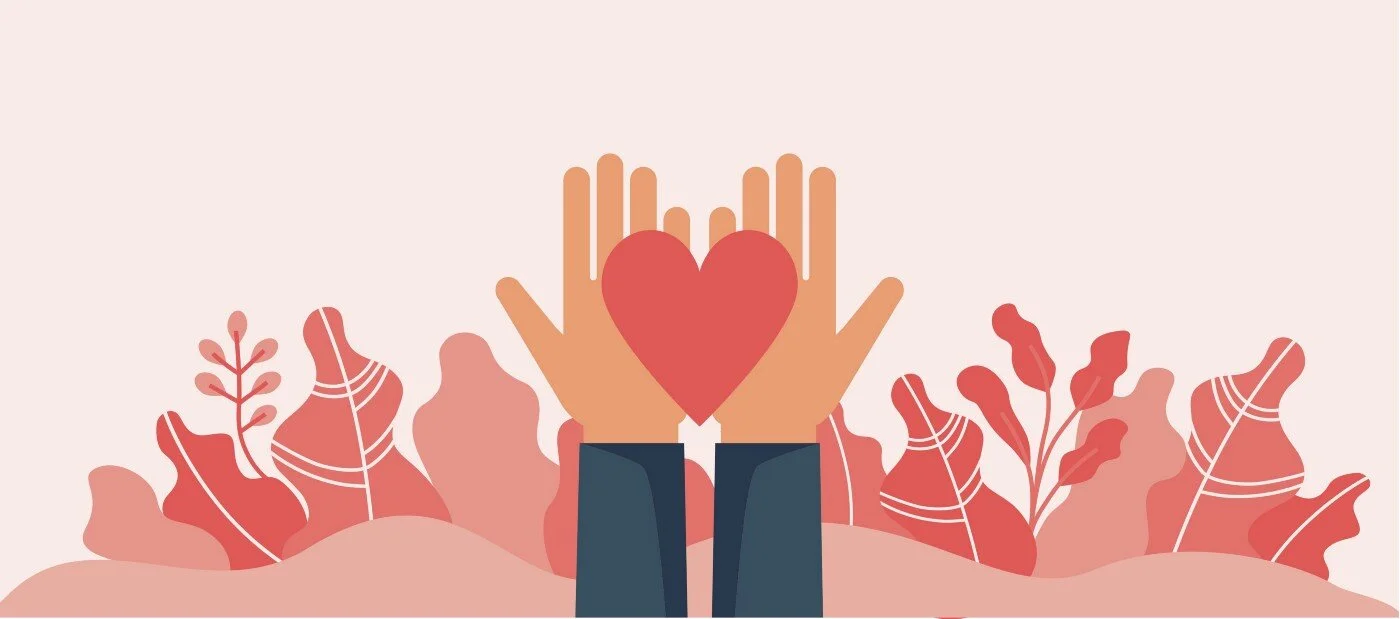Dr Simone Casey (@simonecasey) reminds us today that it’s important to celebrate the small wins as well as aim for large-scale reforms. She describes the work that went into the recent decision to give jobseekers a 48-hour ‘grace period’ between missing a mutual obligation appointment or activity and having their payments suspended.
Read MoreStrong leadership has been key in the successful COVID-19 response by Australia’s Indigenous communities – for Indigenous LGBTIQ+ communities to thrive, leadership requires more nuance. In this blog post, Péta Phelan calls for a more nuanced understanding and leadership from government, Indigenous health organisations and health professionals.
Read MoreTeachers play an important and influential role in the lives of their students, and in many cases, their families, and the community. Their duties and responsibilities extend far beyond meeting learning outcomes, to caring for the social and emotional needs of their students. But who’s looking out for our teachers? The health and safety of teachers and their families must be a priority during the Covid-19 pandemic as they try and balance the different demands at work and home. In this blog post Dr Meera Varadharajan explores the importance of recognition, acknowledgement and support for teachers in the time of Covid-19.
Read MoreAs Victoria enters the unprecedented time of Stage 4 lockdown and a state of disaster is declared in response to the Covid-19 pandemic, disability advocates and academics have come together to highlight the vital importance of state and federal Governments working together to eliminate critical gaps for people with disability.
The situation in aged care homes has already shown a lack of joined up planning and responses can result in preventable harms and risks. In the media release below advocates from the disability sector identify the key areas of concern for people with disability and the urgent need for the NDIA and Victorian Government to implement a plan to ensure people with disability do not suffer through the stage 4 lockdown.
Read MoreA new report from the Centre for Social Impact provides an overview of the impact of the pandemic on the financial wellbeing of Australians, and explains the key elements of the government response so far.
Read MoreTackling COVID-19 must include building a sustainable response in prison systems and other detention settings.
Read MoreWomen who have been to prison should be a priority group for violence prevention.
Read MoreIn Australia, the story of dealing with the coronavirus pandemic so far has been largely a positive one. Leadership and speed of response to this point has been recognised as critical to containment and management of the pandemic (Tiffen 2020). If we were to award the gold medal, it should go to our public health community. But we have seen strength in many quarters and for that reason, Valerie Braithwaite argues that we sell everyone short by singling any one group out.
Read MoreAs unemployment soars, our social welfare systems have been given a much-needed overhaul, albeit these changes are thus far considered temporary. What has not yet been discussed in any meaningful way is how the government will support people back into work. In today’s piece, Simone Casey (@SimoneCasey) of Per Capita (@percCapita) provides an analysis of the Work for the Dole program, an “employment program” that has been highly problematic. This piece first ran in Croakey.
Read MoreIn today’s post, David Hildebrand from the Immigration Advice Service in the UK breaks down some of the reasons why people from BAME communities have been disproportionately impacted by COVID-19.
Read MoreThis post questions the Morrison Government's recent decision to extend the Cashless Debit Card trials until the end of 2020. Dr Shelley Bielefeld (Law Futures Centre, Griffith University), Susan Tilley (University of South Australia), Priya Kunjan (University of Melbourne) and Dr Elise Klein (Crawford School of Public Policy, Australian National University) argue that the decision is unjustified by research and evaluation, and will do more harm than good during the COVID-19 pandemic.
Read MoreAustralians with disability represent some of the most excluded of all Australians in relation to the impacts of coronavirus. At the same time, many people with disability are particularly at risk from COVID-19, because of barriers that exist to their inclusion, and their need for ongoing support. People with Disability Australia asked people with disability to tell them about their experiences over the last two months, and have released a report on those findings today.
Read MoreGeorgia Lee (a pseudonym), academic and activist, explains how kindness and solidarity are intrinsically linked - and can be the key for a new kind of politics - drawing on the refugees in onshore and offshore detention and the COVID-19 response as examples
Read MoreLast week, Abigail Lewis flagged unanswered questions about Australia’s temporary visa system in the current health crisis, the essential work being done by temporary visa holders in response to COVID-19, and the need for policy flexibility and care for people in limbo during a pandemic that crosses borders.
This week, the University of Melbourne’s Joo-Cheong Tham argues that the Australian Government should give temporary migrants access to JobKeeper.
Read MoreAustralian National University’s Bhiamie Williamson and Francis Markham, as well as Western Sydney University’s Jessica Weir argue, that Aboriginal people, particularly those aged less than 15 years old, are disproportionately affected by Australian bushfires and should therefore have a much stronger presence in all bushfire inquiries going forward.
Read MoreInformation accessibility is a right under that UN Convention on the Rights of Persons with Disabilities (Article 21) and is an area protected by the Disability Discrimination Act in Australia. Yet in the face of the COVID-19 crisis, the immediate reality and implications of this right have never been more apparent for people with disability: having access to good quality, up-to-date information in accessible formats is quite literally a matter of life and death. Dr Ariella Meltzer from the Centre for Social Impact, UNSW Sydney, examines some questions about what providing accessible information in such a crisis means.
Read MoreAs Covid-19 case numbers have been rising quickly in Australia Government responses and recommedations to the public have also been fast moving. In an age where trust in our political institutions is at an all time low Professor John Shine from the Australian Academy of Science argues that in such a fast moving environment transparency must be at the core of Government responses. The Academy has thus called on the Government to make all the data and science underpinning their Covid-19 decisions be made public.
Read MoreAs unemployment surges in the face of Covid-19, advocacy groups are calling for Government to respond by raising the rate of all welfare payments and put an end to the Cashless Debit Card trial. Yesterday the Accountable Income Management Network and the Australian Unemployed Workers Union issued a joint Media Release outlining their calls to the Federal Government. Below are their demands:
Read More




















